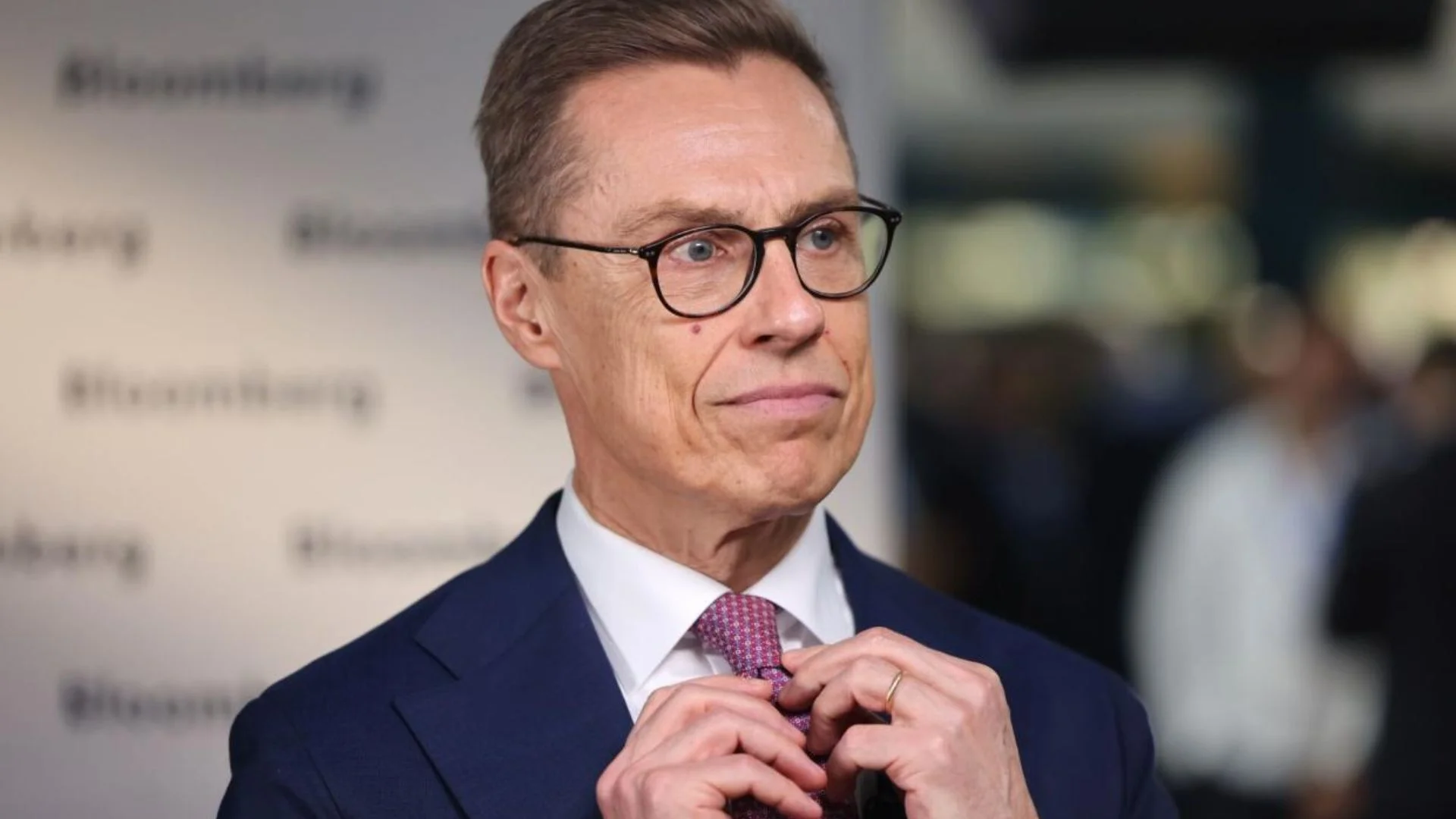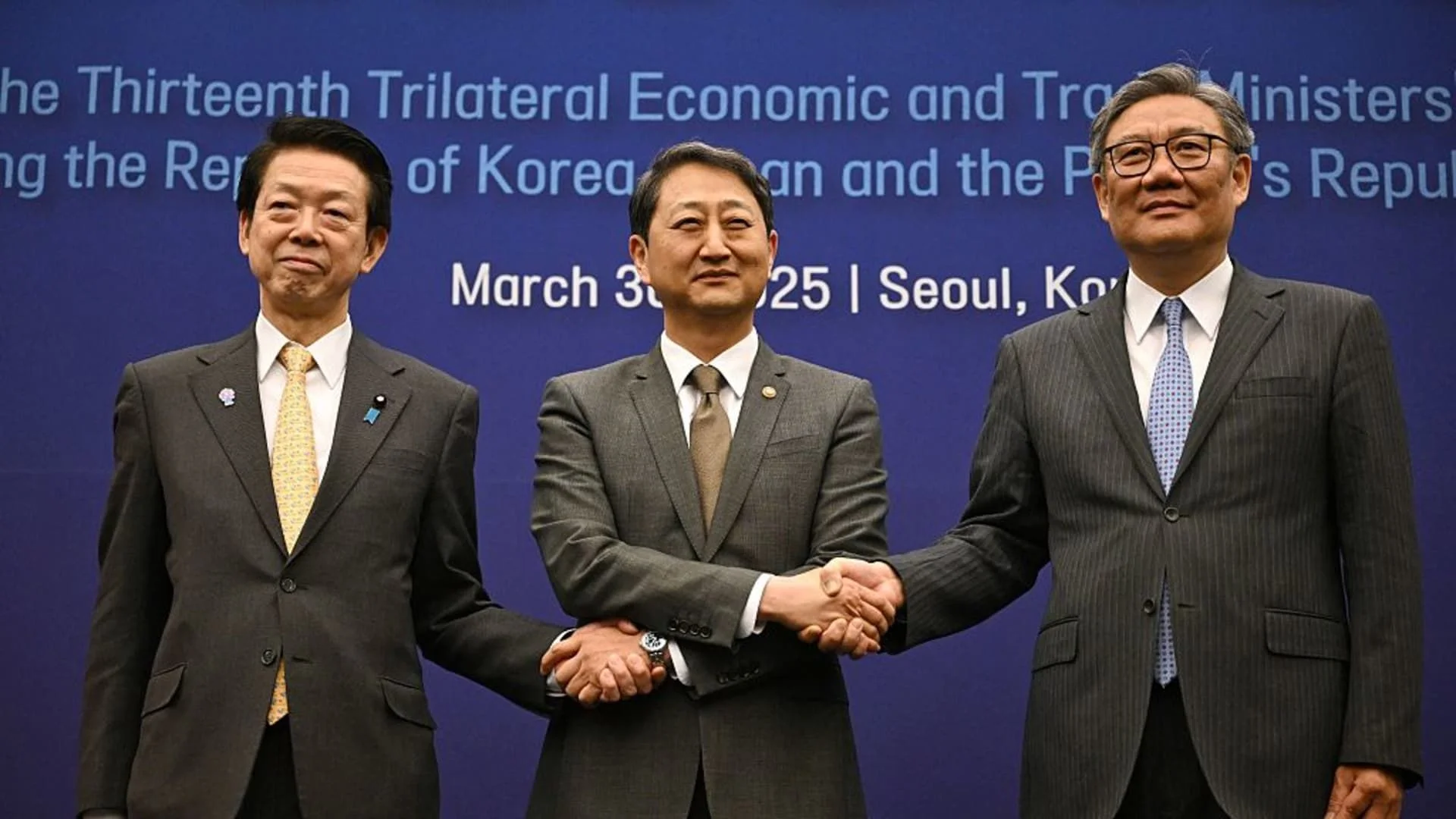The Union Budget 2024, presented by Finance Minister Nirmala Sitharaman on Tuesday, introduces significant measures aimed at rejuvenating the real estate sector with a particular focus on benefiting the urban poor and middle class. The budget outlines a series of initiatives and financial allocations designed to make housing more affordable and accessible, addressing critical challenges in India’s urban housing market.
Expanding Affordable Housing
A key highlight of the budget is the expansion of affordable housing schemes. Sitharaman announced, “Under the PM Awas Yojana Urban 2.0, housing needs of 1 crore urban poor and middle-class families will be addressed with an investment of Rs 10 lakh crore. This will include the central assistance of Rs 2.2 lakh crore in the next 5 years.” This substantial allocation aims to provide increased financial support and incentives, ensuring more housing units are available at lower costs. The initiative also includes a provision for interest subsidies to facilitate loans at affordable rates, easing the financial burden on low and middle-income families and making homeownership more attainable.
Infrastructure Development and Its Impact
Infrastructure development is another significant aspect of the budget, with an allocation exceeding Rs. 11.11 lakh crore, nearly 3.4% of India’s GDP. This substantial investment is expected to drive real estate growth by enhancing urban infrastructure. “Improved infrastructure directly correlates with real estate development,” noted Anuj Puri, Chairman of the ANAROCK Group. The focus on developing smart cities and improving urban living conditions, including better access to utilities, transportation, and essential services, creates a more conducive environment for the urban poor and middle-class families.
Support for MSMEs and Economic Growth
The budget also includes measures to support the Micro, Small, and Medium Enterprises (MSMEs) sector, which has a multiplier effect on overall economic growth. The credit guarantee scheme for MSMEs aims to provide impetus to industrial development, indirectly benefiting the real estate sector. “Affordable housing demand has been tepid since the pandemic, but this move could rejuvenate interest and activity, particularly in tier 2 and 3 cities,” observed Puri. By supporting MSMEs, the budget aims to create a positive ripple effect that will ultimately benefit the real estate market.
For individual taxpayers under the new tax regime, the increased standard deduction limit to Rs. 75,000 from the previous Rs. 50,000, along with the new income tax slabs, provides some financial relief to middle-class families. Sitharaman stated, “The standard deduction for salaried employees is proposed to be increased from Rs 50,000/- to Rs 75,000/-.” Although these measures may not significantly boost housing demand, they do provide some financial relief to middle-class families, potentially easing the path to homeownership.
Regional and Industrial Development
The budget also highlights the development of industrial corridors, such as the Hyderabad-Bengaluru and Vizag-Chennai corridors. These mega allocations are expected to drive growth along these corridors, subsequently boosting real estate activities in these regions. Additionally, the sanctioning of 12 new industrial parks and the promotion of rental housing with dormitory-type accommodations under the PPP mode are strategic moves aimed at enhancing housing options for industrial workers.
Sitharaman also touched on urban renewal through the brownfield redevelopment of cities under the PPP mode, opening opportunities for real estate development. This initiative aligns with the government’s broader vision of rejuvenating urban spaces and creating sustainable living environments.























